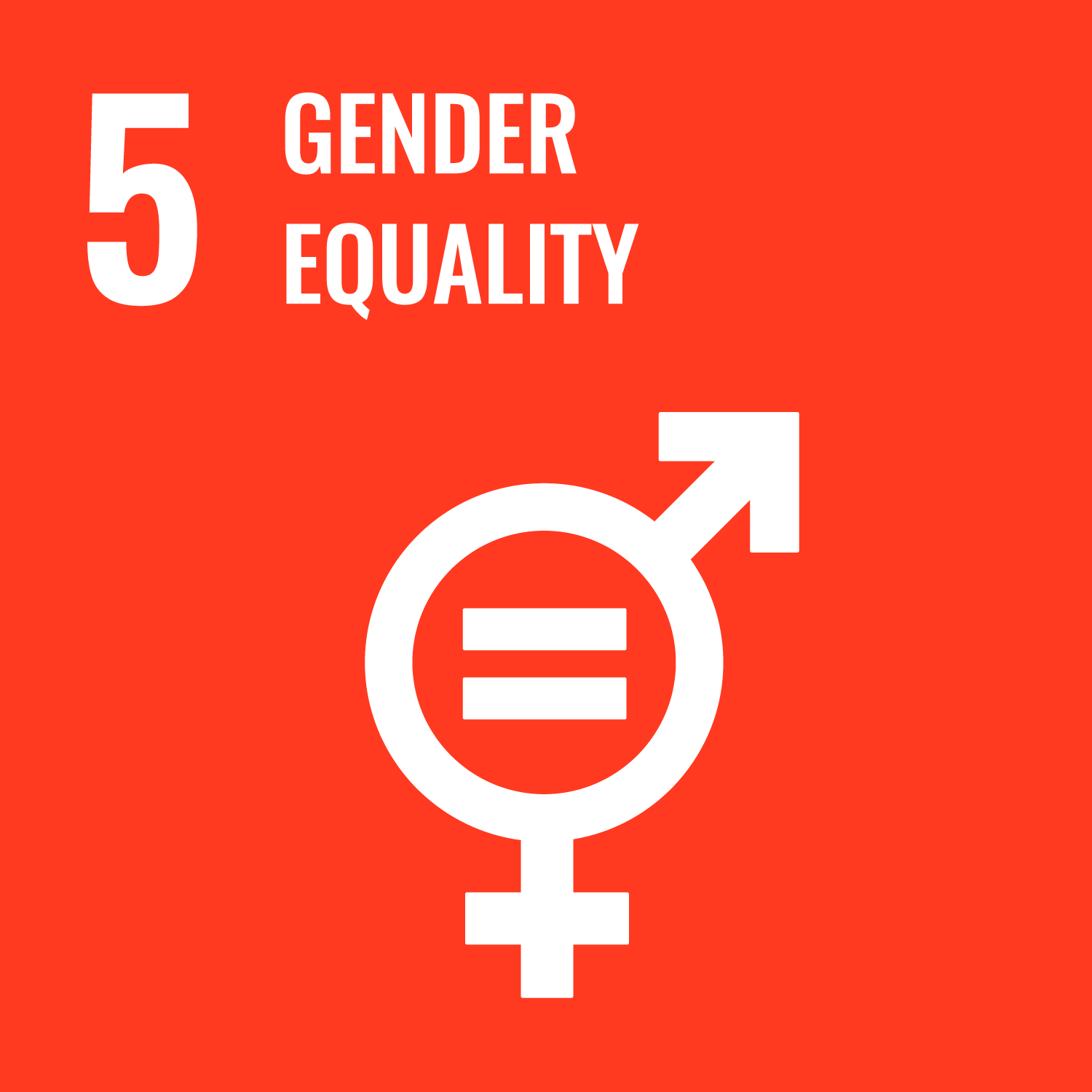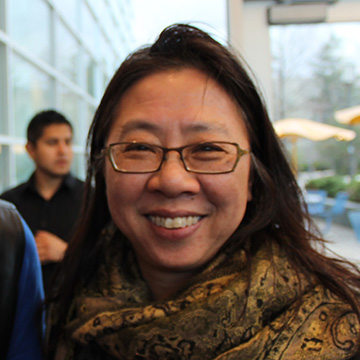Tessie Liu
Tessie Liu is a historian of modern France trained in social and cultural history with a special interest in gender history. Her first book examined how power differentials within families, particularly the ability to retain the labor of daughters, enabled artisanal households to resist industrial capitalism and thereby shape regional economic patterns. Liu’s subsequent research has developed in two parallel streams: one focusing on politics of race and citizenship within French colonialism and the other on the intersection of race and class in gender and sexuality studies.

